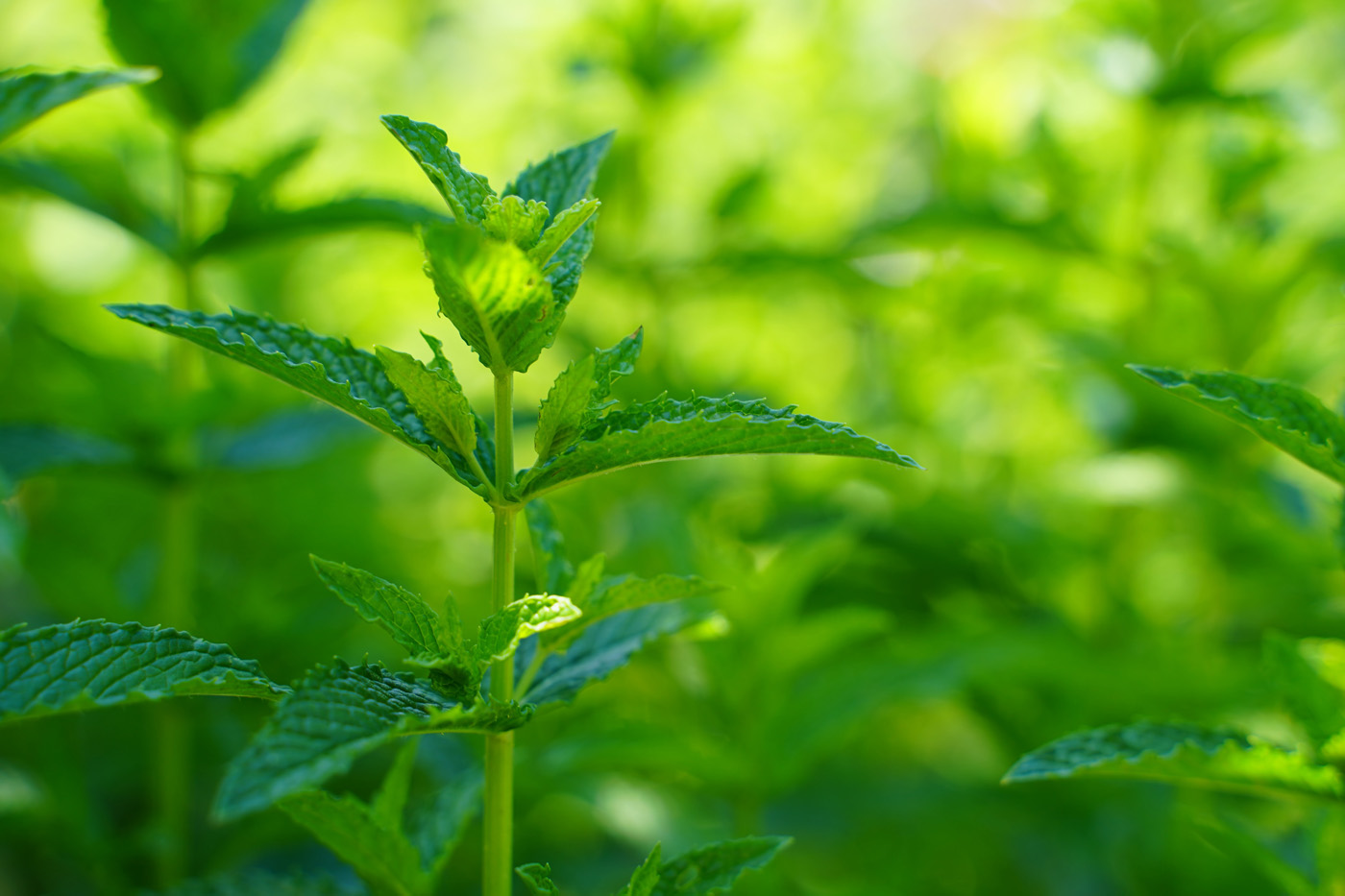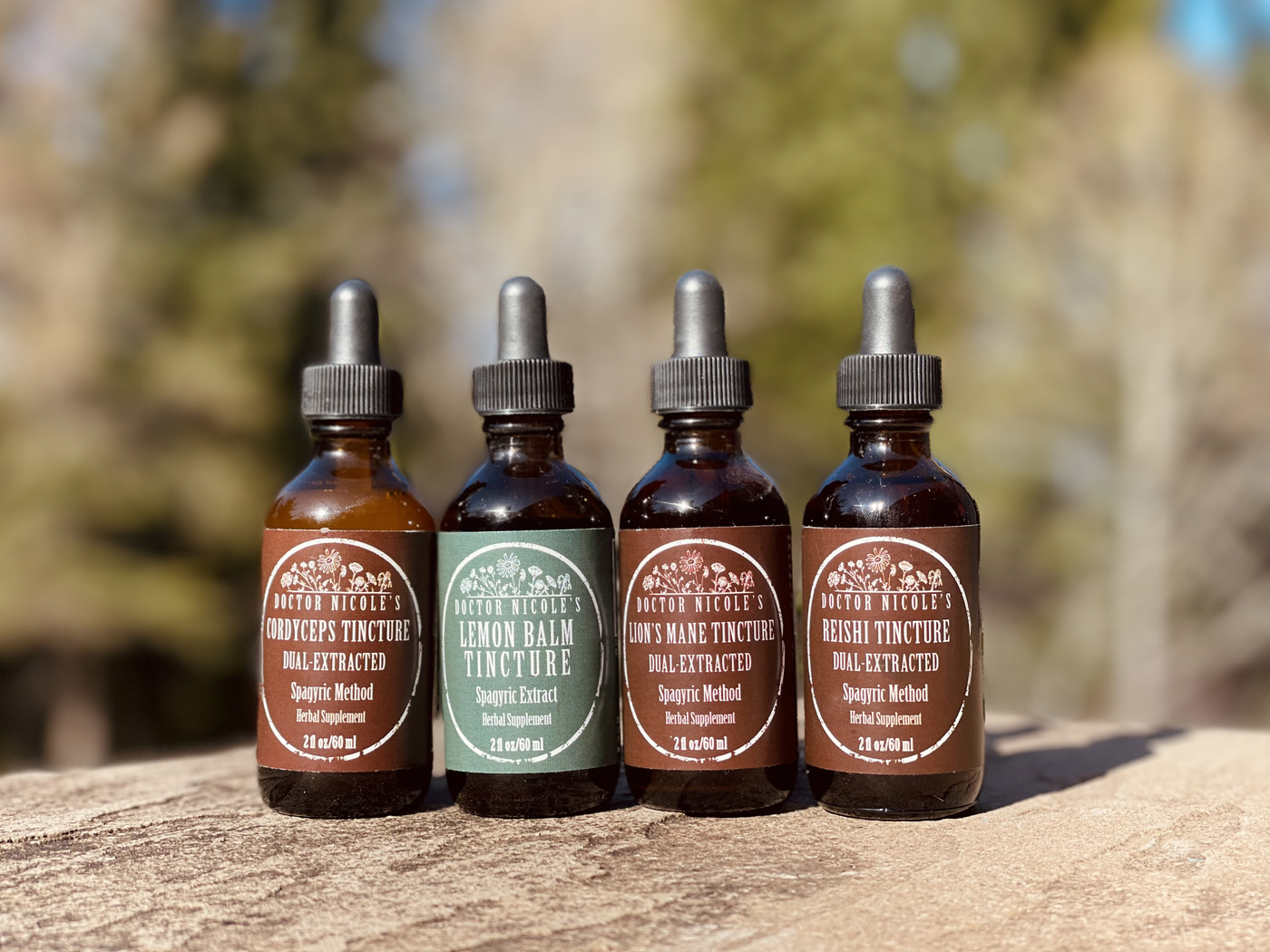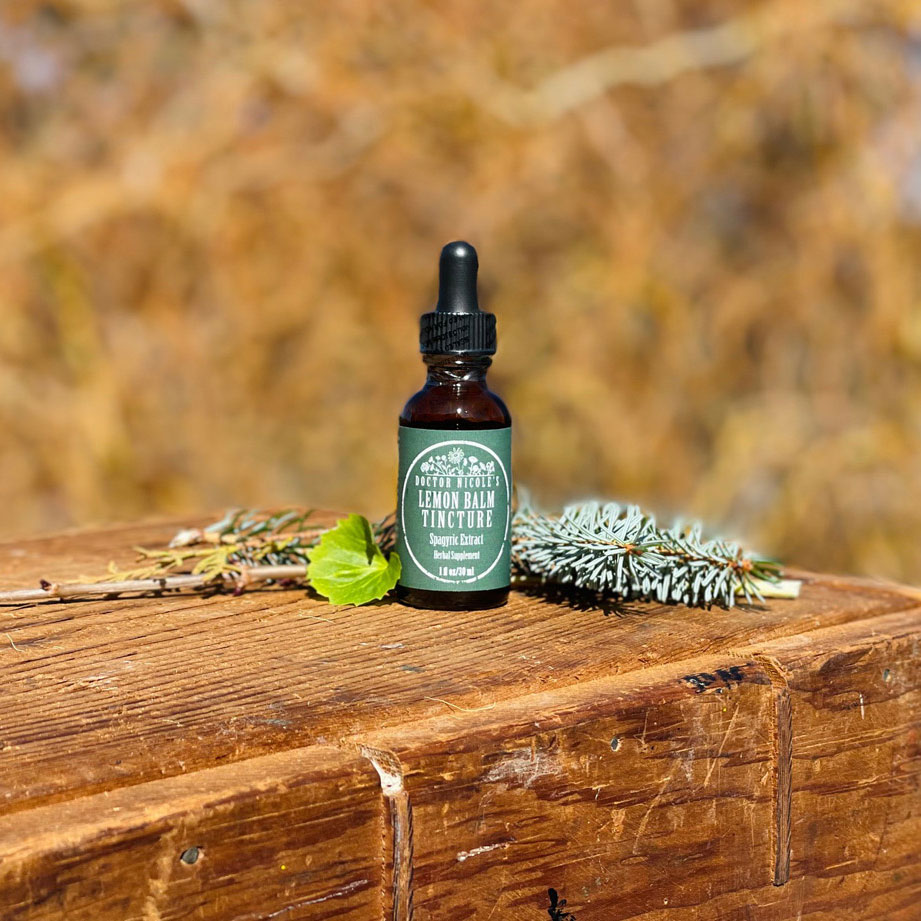Cultivating Cognitive Health
When we think about something we love to do: gardening, travel, volunteering, helping others, spending time in nature — we may not associate it with protecting brain health. But exciting research has found that not only does a sense of purpose bring joy, it’s also a boon for cognitive health. And it isn’t just having a passion, being physically active and forming meaningful relationships are essential too. If you would like to improve and protect your brain, here’s how all three can help.

Brain-Boosting Habits
Several studies have established physical activity and social connectedness are important for promoting cognitive health and preventing decline. It shouldn’t come as a surprise that exercise is not only good for your body, but also your brain. A study published in the British Journal of Medicine found that living a healthy lifestyle — including exercising regularly — was a strong predictor of brain health and lowering the risk of developing Alzheimer’s disease in later years.3 Pursuing purpose and meaningful activities are also supportive, particularly because they protect against depression. This is an important point because depression is an established risk factor for Alzheimer’s disease and dementia in your later years.4
David A. Merrill, MD, an adult and geriatric psychiatrist, and director of the Pacific Neuroscience Institute’s Pacific Brain Health Center in Santa Monica, California points out:
“There’s a chain reaction of positive events when you’re pursuing purpose. You’re boosting your mood, which boosts how well you take care of yourself.”1
He also notes there is a difference between the hedonistic pursuit of happiness (hedonic) and activities that have a sense of purpose or meaning (eudaimonic): “The hedonistic pursuit of happiness can involve mindless or unhealthy behaviors, like overindulgence, at times.” Eudaimonic activities deepen relationships and purpose, which in turn promote healthy behaviors that protect your brain and body.
Interestingly, a 2022 study found life satisfaction increases with age due to higher levels of the feel-good neurotransmitter oxytocin.2 Oxytocin is also linked with prosocial behaviors, such as trust, altruism, and generosity. For the study, the researchers established empathic concern, dispositional gratitude, and religious commitment contributed to the release of the neurotransmitter. According to the team, purpose and meaning also help to reduce neuroinflammation and the cellular stress response, which are key dementia-related biomarkers. A sense of purpose reduces stress and subsequently cortisol levels, which subsequently dampens chronic neuroinflammation. In short, when we cultivate meaningful relationships through prosocial behavior and a sense of purpose, it not only boosts our brain health but just plain feels good.
So how do we find our passion? As I wrote in, “How a Sense of Purpose Helps Us to Survive & Thrive: The Science Behind a Purpose Driven Life“:
“We can also encourage a sense of purpose by transforming our painful experiences into helping others who are traveling along a similar path. Many have found that sharing their story has led them to their calling. Others discovered that building community lights the fire of purpose. Most have found, myself included, that cultivating awe, gratitude, and altruism are key elements in a purpose-driven life.”
Essential Herbal Support
There are times when life gets the better of us and we experience seasons of challenge and stress. This is why it is crucial to protect your brain from the inside out — and herbal remedies are outstanding for ongoing support.
Our Brain Bundle contains a collection of powerful herbal remedies that enhance cognitive and brain health — including dual-extracted, fruiting body tinctures of cordyceps, lion’s mane, and reishi medicinal mushrooms, along with our lemon balm tincture.
These 3 mushrooms have unique, research-backed benefits that include: reducing neuroinflammation, stimulating Nerve Growth Factor (NGF), boosting cognitive function, limiting neuronal cell death, enhancing memory, calming stress, and boosting energy. What’s more, lion’s mane has been shown to be protective against Alzheimer’s, dementia, and Parkinson’s.5,6,7,8,9,10
Lemon balm is an exceptional herb for brain health as it calms the stress response and anxiety; improves memory, mood, clarity, and focus; defends against age-related cognitive decline; and protects the nerves via antioxidant action. Importantly, lemon Balm also inhibits the brain’s levels of acetylcholinesterase (AChE), an enzyme that helps break down acetylcholine (Ach), a critical neurotransmitter involved in cognition and memory. Reduced levels of acetylcholine have been associated with dementia, Parkinson’s, and Alzheimer’s.11
If you would like to protect your brain and cognitive health, there is no better herbal remedy than those included in this bundle. Stop by my apothecary today to learn how plant-based extracts can help you to live your best life yet!
Nicole Apelian
Nicole’s Apothecary Products in this Post
References
- “Having a ‘Life Purpose’ Is Linked with Better Brain Health, Study Shows”, Andrea Rice, Psyche Central, April 22, 2022. https://psychcentral.com/news/life-purpose-linked-to-better-brain-health
- Zak, P. J., Curry, B., Owen, T., & Barraza, J. A. (2022). Oxytocin Release Increases With Age and Is Associated With Life Satisfaction and Prosocial Behaviors. Frontiers in behavioral neuroscience, 16, 846234. https://doi.org/10.3389/fnbeh.2022.846234
- Dhana, K., Franco, O. H., Ritz, E. M., Ford, C. N., Desai, P., Krueger, K. R., Holland, T. M., Dhana, A., Liu, X., Aggarwal, N. T., Evans, D. A., & Rajan, K. B. (2022). Healthy lifestyle and life expectancy with and without Alzheimer’s dementia: population based cohort study. BMJ (Clinical research ed.), 377, e068390. https://doi.org/10.1136/bmj-2021-068390
- Green RC, Cupples LA, Kurz A, et al. Depression as a Risk Factor for Alzheimer Disease: The MIRAGE Study. Arch Neurol. 2003;60(5):753–759. doi:10.1001/archneur.60.5.753
- Ji, D. B., Ye, J., Li, C. L., Wang, Y. H., Zhao, J., & Cai, S. Q. (2009). Antiaging effect of Cordyceps sinensis extract. Phytotherapy research : PTR, 23(1), 116–122. https://doi.org/10.1002/ptr.2576
- Li, X. T., Li, H. C., Li, C. B., Dou, D. Q., & Gao, M. B. (2010). Protective effects on mitochondria and anti-aging activity of polysaccharides from cultivated fruiting bodies of Cordyceps militaris. The American journal of Chinese medicine, 38(6), 1093–1106. https://doi.org/10.1142/S0192415X10008494
- Mori, K., Obara, Y., Moriya, T., Inatomi, S., & Nakahata, N. (2011). Effects of Hericium erinaceus on amyloid β(25-35) peptide-induced learning and memory deficits in mice. Biomedical research (Tokyo, Japan), 32(1), 67–72. https://doi.org/10.2220/biomedres.32.67
- Tsai-Teng, T., Chin-Chu, C., Li-Ya, L., Wan-Ping, C., Chung-Kuang, L., Chien-Chang, S., Chi-Ying, H. F., Chien-Chih, C., & Shiao, Y. J. (2016). Erinacine A-enriched Hericium erinaceus mycelium ameliorates Alzheimer’s disease-related pathologies in APPswe/PS1dE9 transgenic mice. Journal of biomedical science, 23(1), 49. https://doi.org/10.1186/s12929-016-0266-z
- Zhang, J., An, S., Hu, W., Teng, M., Wang, X., Qu, Y., Liu, Y., Yuan, Y., & Wang, D. (2016). The Neuroprotective Properties of Hericium erinaceus in Glutamate-Damaged Differentiated PC12 Cells and an Alzheimer’s Disease Mouse Model. International journal of molecular sciences, 17(11), 1810. https://doi.org/10.3390/ijms17111810
- Bhardwaj, N., Katyal, P., & Sharma, A. K. (2014). Suppression of inflammatory and allergic responses by pharmacologically potent fungus Ganoderma lucidum. Recent patents on inflammation & allergy drug discovery, 8(2), 104–117. https://doi.org/10.2174/1872213×08666140619110657
- Soheili, M., Karimian, M., Hamidi, G., & Salami, M. (2021). Alzheimer’s disease treatment: The share of herbal medicines. Iranian journal of basic medical sciences, 24(2), 123–135. https://doi.org/10.22038/IJBMS.2020.50536.11512








